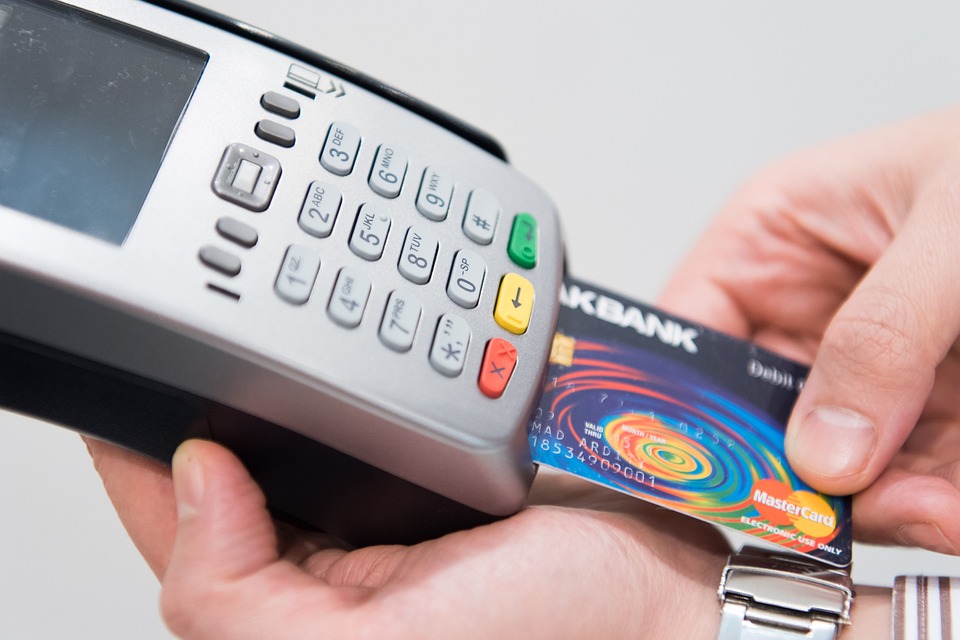Navigating the Foreclosure Process: What You Need to Know
Foreclosure can be a daunting and overwhelming process for homeowners who find themselves struggling to make their mortgage payments. Understanding the ins and outs of foreclosure is crucial in order to navigate through it successfully. Here is a comprehensive guide on what you need to know about the foreclosure process.
Understanding Foreclosure
Foreclosure is a legal process in which a lender takes possession of a property due to the homeowner’s failure to make mortgage payments. It typically begins when the homeowner falls behind on their mortgage payments, and the lender files a notice of default.
Once the notice of default is filed, the homeowner has a certain period of time to bring the mortgage current and avoid foreclosure. If the homeowner is unable to do so, the lender can proceed with the foreclosure process, which may result in the sale of the property at a public auction.
Steps in the Foreclosure Process
The foreclosure process can vary depending on the state and type of loan, but there are generally several key steps that are involved:
- Notice of Default: This is the first step in the foreclosure process, where the lender notifies the homeowner that they are in default on their mortgage.
- Notice of Sale: If the homeowner fails to bring the mortgage current, the lender can file a notice of sale, which sets a date for the property to be sold at auction.
- Public Auction: The property is sold at a public auction to the highest bidder, typically for an amount that covers the outstanding mortgage debt.
- Eviction: If the property is sold at auction, the new owner may proceed with an eviction to take possession of the property.
FAQs about Foreclosure
Q: How long does the foreclosure process take?
A: The foreclosure process can vary depending on the state and individual circumstances, but it typically takes several months to a year to complete.
Q: Can I stop foreclosure once it has started?
A: It may be possible to stop foreclosure by working out a loan modification or repayment plan with the lender, or by filing for bankruptcy.
Q: What happens to my credit score after foreclosure?
A: Foreclosure can have a significant negative impact on your credit score, making it difficult to obtain credit in the future.
For more information on navigating the foreclosure process, check out this helpful resource.






